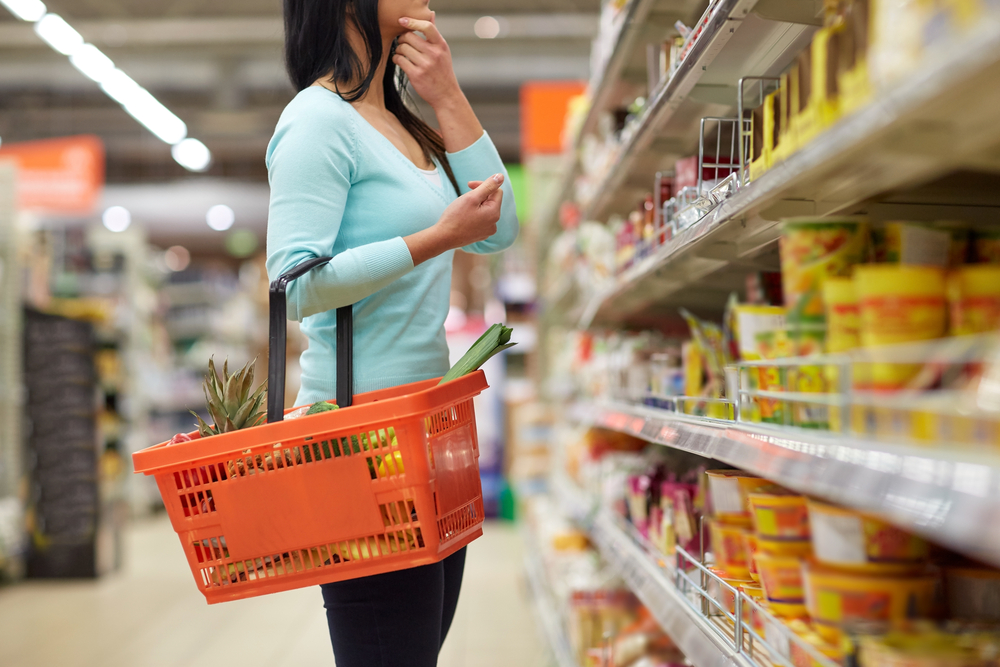Household Bills
Grocery prices up 7% as one in five struggle with rising costs

Like-for-like grocery prices have risen 7% in the past four weeks – the highest level of inflation since the financial crisis.
Grocery inflation now stands at 5.7% for the 12-week period ending 15 May, according to insights and consulting company Kantar.
Based on a comparison of 75,000 products, it said prices are rising fastest in markets such as dog food, savoury snacks and fresh beef, while prices are falling in spirits.
A family fry up with toast, eggs, sausages, bacon and beans now costs £6.83, “a significant 40p increase on last year”, according to Fraser McKevitt, head of retail and consumer insight at Kantar.
Its research also found that 43% of households described themselves as ‘managing’, while 22% said they were ‘struggling’.
Of those who are struggling, over nine in 10 people said they’re concerned about the rising price of groceries – the second most important issue behind the spiralling cost of energy bills.
However, Kantar’s data also revealed there are signs the British public is “looking ahead to the Platinum Jubilee”.
Supermarket sales fell 4.4% in the 12 weeks to 15 May, but sales declined “more softly” over the past month and dipped by just 1.7% – the market’s best performance since Christmas.
McKevitt said: “With a four-day bank holiday weekend on the horizon, we’re expecting people to celebrate with friends and family. Looking back at the Diamond Jubilee in 2012, we saw a 10% boost in supermarket sales during the week leading up to the festivities. We should never underestimate the appetite for a party, especially a royal one.”
However, he added: “While we’re all keen to celebrate in style, shoppers will be carefully considering any unnecessary expense and prices are significantly different from the last Jubilee. For example, in 2012 the average amount spent on a bottle of sparkling wine was £5.20 whereas now it’s £7.05.”
Lidl fastest growing retailer
Lidl’s sales increased 6% in the 12 weeks to 15 May, just ahead of Aldi which increased sales by 5.8%.
This takes Lidl’s market share to 6.9% while Aldi also “broke records” by climbing to a 9% market share for the first time.
Tesco recorded a 0.4% increase in market share, taking it to 27.4%. This is the seventeenth month in a row that Britain’s largest supermarket has gained share. Sainsbury’s market share sits at 14.8%.
Meanwhile Asda, which has reintroduced its discounts for NHS and emergency workers, accounts for 13.8% of the total market. Iceland’s share remained steady at 2.3%, with the 5.2 million over 60s that shop with the grocer every year now eligible for its 10% discount scheme each Tuesday.
Morrisons holds 9.5% of the market, with Co-op on 6.1% and Waitrose on 4.9%. Online specialist Ocado’s grocery sales are 6.1% higher than two years ago and it holds 1.7% of the market.